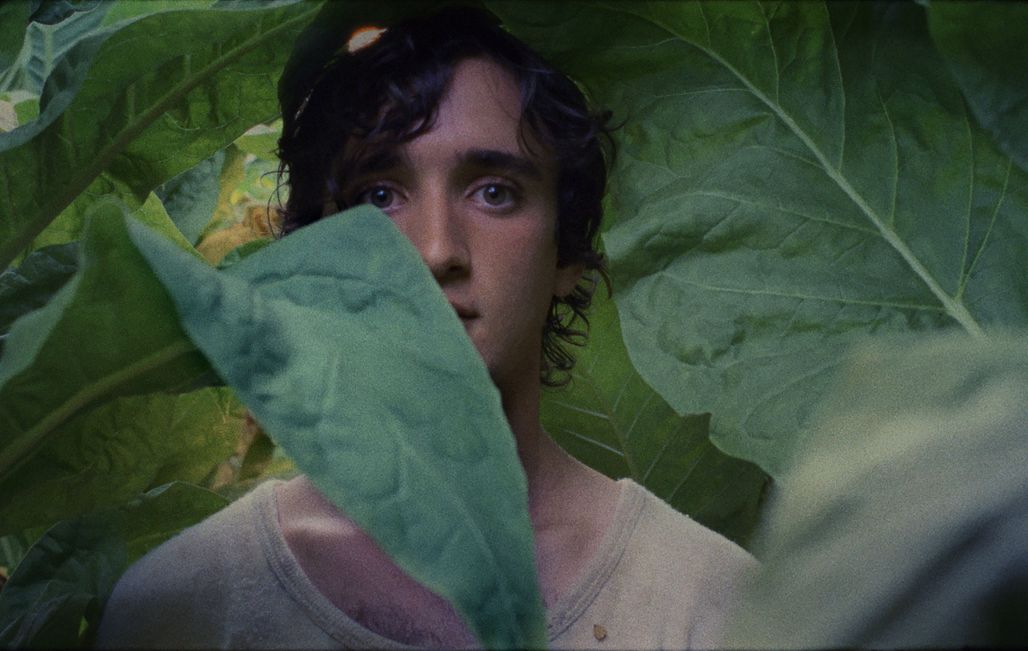
Lazzaro, Alice Rohrwacher’s anti-hero

Four years after Le Meraviglie (The Wonders), Grand prix in 2014, the young Italian filmmaker Alice Rohrwacher questions the individualism that is corroding contemporary society in her film Lazzaro Felice (Happy as Lazzaro), a sensitive feature film that draws a parallel between two eras through the device of having her anti-hero travel through time.
In a remote Italian village there lived a peasant youth named Lazzaro, whose goodness was incessantly taken advantage of by the other villagers. One summer, he became friends with the arrogant Tancredi, the son of the feudal marquise holding the lands farmed by the peasants of the Inviolata. This friendship was to take him on a voyage in time, into the heart of the modern world.
Just as La Meravigli (Wonders), which depicts the daily life of a family of beekeepers living in self-sufficiency, Alice Rohrwacher's new film navigates somewhere between fairy tale and social chronicle. Lazzaro Felice (Happy as Lazarro) recounts the destiny of an anti-hero, a shadow protagonist whose sole aim is to help others, to his own detriment.
Through Lazzaro's trajectory, the Italian filmmaker whimsically describes the decline of agrarian civilisation. The inspiration for the plot of this feature film came to Alice Rohrwacher through an actual event: the story of a marquise who had taken advantage of the remoteness of her many properties to hide from the farmers working her lands the fact that the sharecropping system had been abolished. The filmmaker says she was struck by this touching story of these peasants and their delayed entry into the modern world, "late arrivals to this rendez-vous with history".
Adriano Tardiolo, the amateur actor who plays Lazzaro, was convinced by Alice Rohrwacher to make the film only after rehearsing, because the young man wanted to become physically familiar with the character before deciding.
Just as in her two previous feature films, including Corpo Celeste (2011), the film that brought her fame, Alice Rohrwacher chose Super 16 to make this film. As she says, this was not a choice dictated by aesthetics or by nostalgia, but by her love for this technology that preserves the filmmaker's absolute control over the images. "At a time when we are asphyxiated with replicated and proliferated copies of images, cinema can continue to distill, be meticulous, play with ways of seeing, be surprising and surprise itself".


